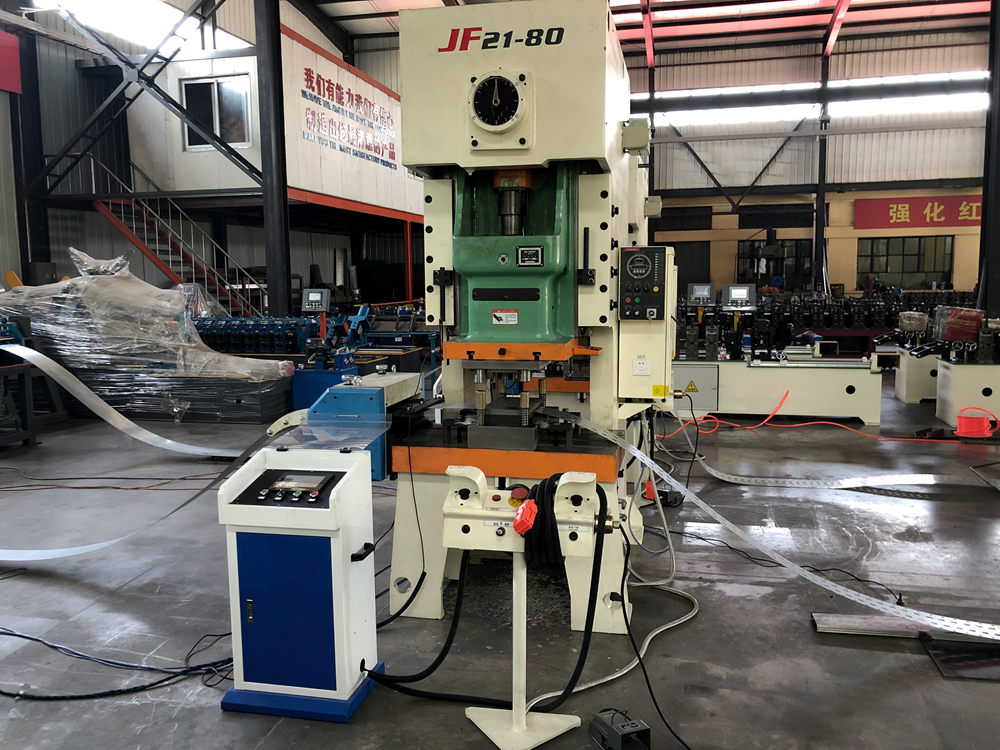
Understanding Carbon Steel ERW Tube Mills A Comprehensive Overview
Carbon steel Electric Resistance Welding (ERW) tube mills play a crucial role in the manufacturing of steel tubes and pipes, which are essential components across various industries. From construction and infrastructure to automotive and oil and gas, the applications of carbon steel pipes are vast and varied. In this article, we will delve into the operational mechanisms, advantages, and applications of carbon steel ERW tube mills.
What is Carbon Steel ERW Tube Mill?
A carbon steel ERW tube mill is a manufacturing setup designed to produce longitudinally welded tubes and pipes from rolled sheets of carbon steel. The process involves feeding wide coils of steel through several forming rolls that gradually shape the flat metal into a tubular form. Once the desired shape is attained, the edges of the tube are heated, and electrical resistance welding is applied to join them. The result is a strong, seamless-looking tube that is both cost-effective and efficient to produce.
How Does it Work?
The operation of a carbon steel ERW tube mill begins with the uncoiling of the steel strip. The strip is then shaped through a series of rollers which progressively bend it into a circular form. The tube's edges are brought together, and as they are heated by electric currents, the resistance generates sufficient heat to melt the edges. After welding, the tube is cooled and then typically undergoes various processes such as sizing, cutting, and surface treatment.
This method is particularly favored due to its high production speeds and the ability to create tubes in numerous diameters and wall thicknesses. The automation of the process further enhances its efficiency, reducing labor costs while maintaining high quality.
Advantages of Carbon Steel ERW Tube Mills

1. Cost-Effective Production One of the primary advantages of ERW technology is the reduced cost of production compared to seamless pipe manufacturing. The use of coils as raw material also minimizes waste.
2. High Strength and Quality ERW pipes are known for their excellent mechanical properties. The welding process ensures a strong bond, and when done properly, can produce tubes with consistent quality and fewer defects.
3. Versatile Applications ERW tubes can be manufactured in a variety of sizes and lengths, making them suitable for diverse applications. They are commonly used in construction, automotive, furniture, and structural applications.
4. Eco-Friendly The ERW process generates less waste compared to other manufacturing processes. Additionally, carbon steel is recyclable, which enhances the sustainability of ERW products.
Applications of Carbon Steel ERW Tubes
Carbon steel ERW tubes find applications in several sectors. In the construction industry, they are used for building frames, support structures, and scaffolding. The automotive industry utilizes ERW tubes for exhaust systems, chassis components, and other structural applications. Furthermore, ERW tubes are essential in oil and gas pipeline construction, providing safe and reliable transport solutions for fluids.
Conclusion
The carbon steel ERW tube mill represents a significant advancement in the field of metallurgy and manufacturing. Its efficient production process, coupled with the superior quality of the final product, makes it a preferred choice for many industries. As technology continues to evolve, the capabilities of ERW tube mills are expected to expand, further enhancing their application and contribution to various sectors. Understanding this technology is crucial for any stakeholder involved in the production, specification, or utilization of steel tubes and pipes.